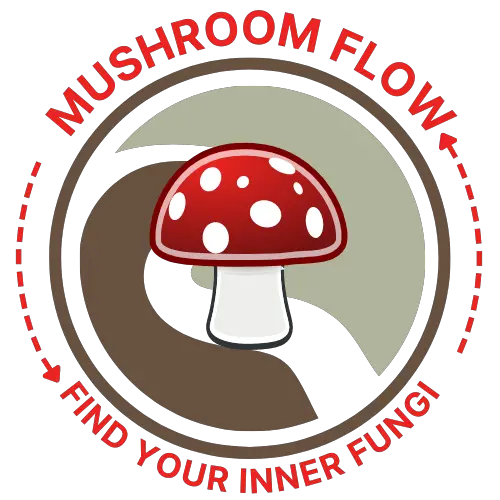Fungi are a fascinatingly diverse group of organisms in their own kingdom, separate from animals and plants. Kingdom Fungi include a wide variety of species beyond the common culinary mushrooms available at your local market. This kingdom include yeasts, molds, mushrooms, toadstools as well as many other types of organisms.
The many varieties of fungi are important to everyday life according to the Encyclopedia Britannica because they are “responsible for breaking down organic matter and releasing carbon, oxygen, nitrogen, and phosphorus into the soil and the atmosphere.”

What do Fungi do?
Fungi perform several vital roles in nature.
The most important role fungi play is in the decomposition of organic matter, including the dead remains of plants and animals. Fungi break down complex organic molecules into simpler compounds that can be recycled back into the environment, making them a vital component of the global carbon cycle.
Fungi also play a number of other important roles. Fungi form symbiotic relationships with many plants, including trees, where they provide the plants with nutrients in exchange for sugars. This relationship, known as mycorrhiza, helps plants to grow and thrive.
Other fungi are important for the health of the soil, helping to break down organic matter and release nutrients that are essential for plant growth.
In addition to their ecological importance, fungi have also been used for a wide range of practical purposes by humans.
Yeasts are used in the production of bread, beer, and other fermented products, and fungi are also used in the production of antibiotics and other medications. The fungus Penicillium, which produces the antibiotic penicillin, has saved countless lives by helping to treat infections.
Fungi are also being used in innovative ways such as to break down plastics, clean up oil spills, and as biofuels.
There are even new ways to use a mushroom to make recyclable packaging containers and clothing! Mycologists such as Paul Stamets are leading the way using the material made from certain types of mushrooms, called amadou, to create clothing and hats.
Now let’s take a look at additional benefits fungi provide.
Benefits of Fungi in Nature
Some fungi, for example, are garden bad guys. They can destroy entire crops or stored food. Other fungi, however, are extremely beneficial in nourishing the growth of plants and as as natures great recyclers.
Baker’s yeast, for example, is a fungal agent commonly used for making bread and fermenting beer and wine. Penicillin is a fungal byproduct that changed the face of medicine and saved millions of lives.
Steven Zien, the owner of the Living Resources Company, understands the importance that fungus plays in every backyard vegetable garden. He’s spent the better part of his life as a horticulture expert and is a frequent guest on gardening shows, where he promotes an organic approach to landscaping and gardening.
“If you have soil that is truly healthy, it is alive with microbes,” said Zien on a recent podcast. “In a teaspoon of healthy soil, you will find 8 billion microbes. They are all there helping your plants obtain moisture, obtain nutrients, fight off pests, and create a wonderful living soil condition that is more favorable to plant root development.”
Ongoing research has discovered that Kingdom Fungi may include as many as 3 million subjects. Only about 90% of them are known to science. But this research continues to classify additional types of fungi and why they are important.
